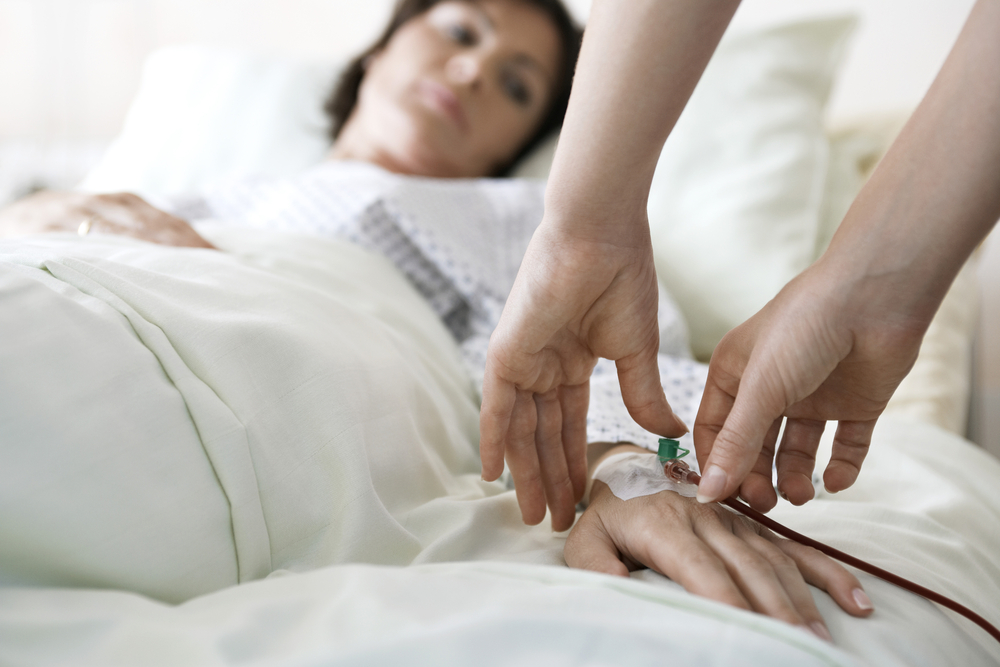The reclassification of all services in the Hospital Based Outpatient Department (HOPD) to “general supervision” away from “direct supervision” has the potential to create chaos. While general supervision may be acceptable for some services (e.g. NPWT dressing changes and compression bandaging), I have a lot of very sick people who should not even be in the clinic without a physician being steps away. I regularly admit them for the diseases that their wounds are a symptom OF, and not FOR their wounds, per se. My Medicare Administrative Carrier (MAC), Novitas, still considers Hyperbaric Oxygen Therapy (HBOT) to require direct supervision.
Dr. Helen Gelly and I submitted the list of questions below to the Novitas Medical Directors and received a very gracious answer:
“At present we [Novitas] have received no instruction on making changes to the supervision requirements they [CMS] set forth. Once received, we must follow CMS instruction. We have sought CMS guidance on several of the points you made in your note. We will… respond after discussion with CMS and after receiving formal instructions from them in the form of a Change Request of Technical Direction Letter.”
Here are the questions that we asked Novitas in December. This list is not comprehensive:
- Although CMS says that services in the HOPD are now under “general” supervision, what if an LCD (like Novitas) requires Direct supervision (HBOT being a good example)?
- Will LCDs requiring Direct supervision of HBOT be changed to General?
- If LCDs continue to require Direct supervision, then should institutions use the LCD requirement of Direct to inform their new policies and procedures around supervision? (Meaning, if your LCD says HBOT is Direct, then you should require Direct supervision at your hospital.)
- This would imply that MACs can set a standard of supervision higher than CMS.
- CMS has re-defined “attendance” to mean “general supervision” which is defined in the physician fee schedule 410.32(b)(3)(i) as: “the service is performed under the supervisory practitioner’s overall direction and control but his or her presence is not required during the performance of the procedure.” What then are the requirements to bill 99183 in the hospital based setting if attendance is no longer mandatory (assuming the hospital does not mandate it through a hospital policy)?
- The specific physician activities involved in attendance and supervision of HBOT have been detailed by Hyperbaric clinical associations in the form of practice guidelines, but are not formally defined by CMS and CMS chose not to consider them when making this re-classification. Therefore, I will assume that they are moot.
- CPT code 99183 is defined only as “attendance and supervision of a hyperbaric treatment.”
- We need guidance as to what constitutes the fulfillment of 99183 under general supervision (no direct presence).
- If the personal attendance of a doctor is no longer mandatory for HBOT, but physicians and/or hospitals require it via their policies, will it still be possible for physicians who ARE physically in attendance to bill 99183?
- CMS has historically not paid for general supervision, so it is reasonable to conclude that CMS will not reimburse 99183 under General supervision.
- However, if it is REQUIRED by the hospital, does that mean we can be paid to provide it? (This is a marvelous Catch 22)
- If there is no reimbursement for 99183 under General supervision, why would a practitioner agree to be responsible for the liability of HBOT treatment for those patients?
- Some wound management services have always been under General supervision even in the HOPD (e.g. compression bandaging). With all wound management services under General, we a physician will not need to be physically present for selective debridements and perhaps many other services (depending on the scope of practice of the clinicians performing the service).
- It seems likely that in some “wound centers,” patients will be treated without a physician ever seeing them in person.
- In the office setting, the hyperbaric treatment is still under Direct supervision and incident to the physician visit. Will the requirements to bill 99183 remain unchanged in the physician’s office setting?
- Wound management services by physicians can now be handled remotely.
- Does that mean that the physician should be billing a telephonic or telemedicine encounter?
- Will a physician be able to bill a telemedicine encounter for hyperbaric treatment supervision (99183)?

Dr. Fife is a world renowned wound care physician dedicated to improving patient outcomes through quality driven care. Please visit my blog at CarolineFifeMD.com and my Youtube channel at https://www.youtube.com/c/carolinefifemd/videos
The opinions, comments, and content expressed or implied in my statements are solely my own and do not necessarily reflect the position or views of Intellicure or any of the boards on which I serve.



